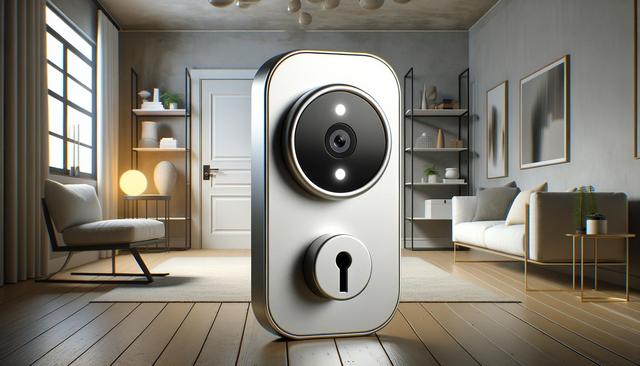Understanding How an Automatic Home Generator Works
An automatic home generator is a standby power system that kicks in automatically when your main electrical supply is interrupted. Unlike portable generators, which require manual setup and fueling, this system is permanently installed outside the home and connected directly to your electrical system. The key component is the automatic transfer switch, which detects power outages and signals the generator to start. Within seconds, your home is powered, and when utility service resumes, the system shuts down and reconnects to the grid seamlessly.
These generators typically run on natural gas or propane, eliminating the need for gasoline storage. Here’s what sets them apart:
- Automatic startup and shutdown
- Continuous fuel supply from utility lines
- Integration with home’s electrical panel
- Minimal maintenance with proper setup
Because of their hands-off operation, automatic home generators are a reliable choice for homeowners who want uninterrupted power with minimal hassle.
Key Benefits of Installing an Automatic Generator
One of the main advantages of an automatic home generator is its ability to restore power quickly. This ensures that essential systems such as heating, cooling, refrigeration, medical devices, and security systems remain operational during outages. This is particularly important in regions prone to storms or unstable electrical grids.
Additional benefits include:
- Protection against food spoilage
- Maintaining communication by keeping internet and phone systems online
- Preventing burst pipes in winter by running heating systems
- Increased property value and insurance advantages
These generators are especially useful for remote workers and families with young children or elderly members, as they help maintain a steady and safe environment even when public power fails.
Choosing the Right Size and Type for Your Home
Selecting the right generator depends on your household’s energy needs. Automatic home generators come in various sizes, typically measured in kilowatts (kW). A small unit may power essential circuits like lights and the refrigerator, while larger models can support the entire house, including high-demand appliances like air conditioning.
Here are some factors to consider when choosing the right generator:
- Home size and square footage
- Number of essential appliances and systems
- Fuel availability (natural gas vs. propane)
- Local codes and installation requirements
Consulting with a certified electrician or generator installer can help you determine the appropriate capacity based on your specific needs and avoid over- or under-sizing the unit.
Installation and Maintenance Considerations
Installing an automatic home generator involves more than just placing the unit outside. It requires a professional assessment to determine the optimal location, taking into account ventilation, distance from windows, and access to fuel and electrical connections. A licensed technician should perform the installation to ensure compliance with local codes and safety standards.
Maintenance is also key to keeping your generator ready when needed. Routine tasks include:
- Checking oil and coolant levels
- Running periodic self-tests (most units do this automatically)
- Replacing air and oil filters annually
- Inspecting fuel lines and electrical connections
Some homeowners opt for annual service agreements with qualified providers to ensure the system remains in top condition year-round.
Cost and Long-Term Value
The upfront cost of an automatic home generator can vary widely based on its size, brand, and installation complexity. While the initial investment may seem significant, the long-term value often outweighs the expense. Avoiding repeated losses from spoiled food, damaged electronics, or frozen plumbing can quickly justify the cost.
Moreover, automatic generators can enhance the resale value of your home and provide peace of mind in areas with frequent outages. They also reduce reliance on temporary solutions, which may be less reliable or more costly in the long run.
When budgeting for a generator, remember to account for:
- Equipment purchase
- Installation labor
- Permits and utility upgrades (if needed)
- Ongoing maintenance costs
Financing options are available from many suppliers, making it easier to spread the cost over time.
Conclusion: A Reliable Power Solution for Modern Living
For homeowners seeking greater reliability and comfort during unpredictable weather or grid failures, an automatic home generator is a practical and sensible solution. Its ability to start without human intervention and power essential systems makes it especially valuable for families, remote workers, and those with medical needs. With the right planning and professional installation, you can enjoy peace of mind knowing your home is prepared for whatever comes your way.


